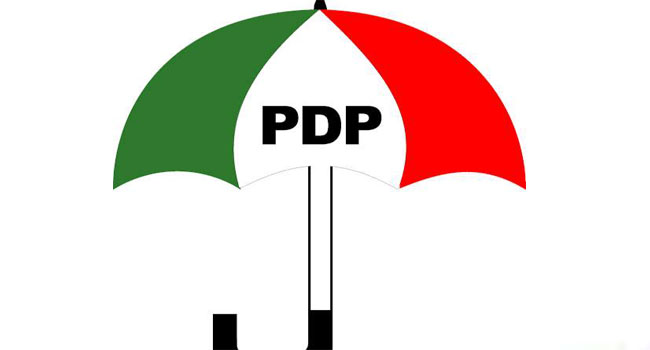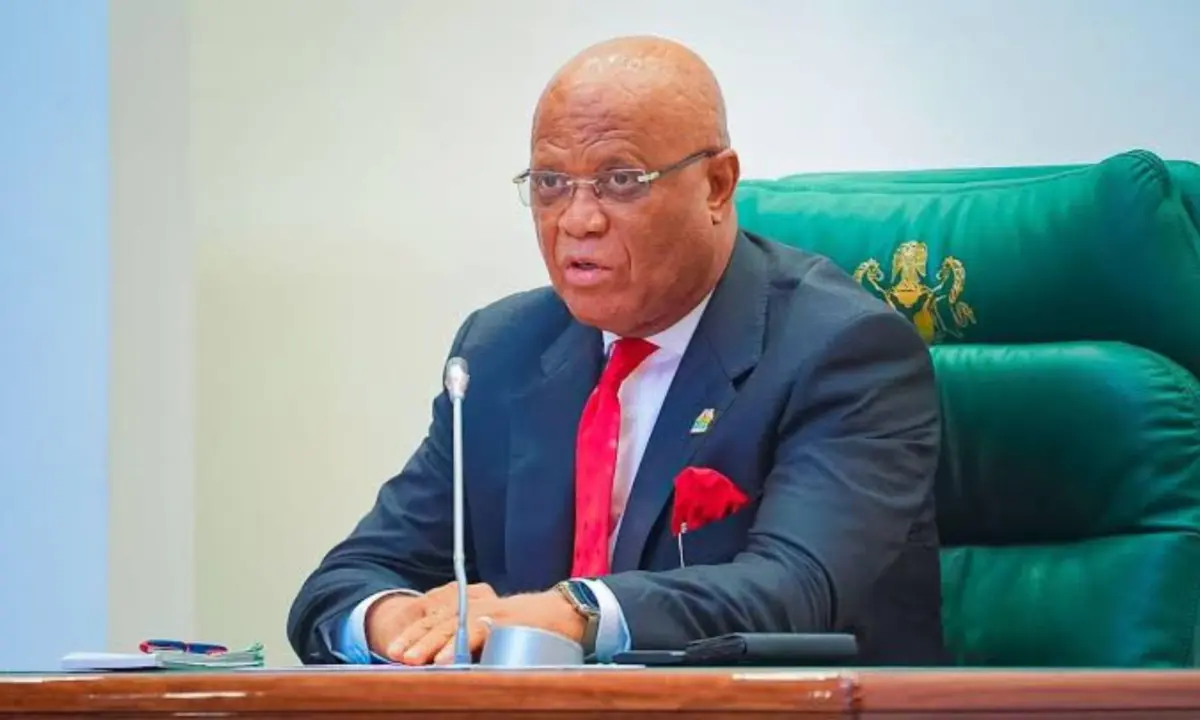Former President Olusegun Obasanjo, speaking in Abeokuta, Ogun State, on Monday, asserted that democracy has not been effective as a system of government in Africa because it was “forced” upon the continent. Obasanjo made these remarks during a high-level consultation on “Rethinking Western Liberal Democracy for Africa.”
Obasanjo criticized the Western model of democracy, stating that it failed in Africa because it did not adequately consider the perspectives of the majority of the people. Describing Western Liberal Democracy as a “government of a few people over all the people or population,” he argued that this approach only represented a segment of the population, leaving out the majority.
“Invariably, the majority of the people were wittingly or unwittingly kept out. This is why we should have ‘Afro Democracy’ in place of Western Liberal Democracy,” Obasanjo declared, advocating for a system that better incorporates the views of the majority.
He emphasized that African countries should not operate a system of government in which they have no involvement in its definition and design. Obasanjo pointed out the weaknesses and failures of liberal democracy in its current form and urged a shift towards a system that addresses the historical, contextual, and practical challenges faced by the continent.
“The weakness and failure of liberal democracy as it is practised stem from its history, content, context, and its practice. Once you move from all the people to representatives of the people, you start to encounter troubles and problems,” he noted.
Obasanjo underscored the need to reevaluate the performance of democracy in the West, urging a critical examination of its shortcomings in Africa. He called on participants to propose ideas and recommendations for a changed system of government that better serves the welfare and well-being of the people.
In response, former Ekiti State Governor Kayode Fayemi acknowledged the challenges facing liberal democracy in Africa, emphasizing the importance of improving the welfare of the people. Fayemi highlighted the need to address the challenges of democracy delivery in Africa and emphasized the importance of development outcomes for the people.
The discussions aimed to encourage new thinking and innovative approaches to governance that reflect the values, traditions, and needs of African societies.



